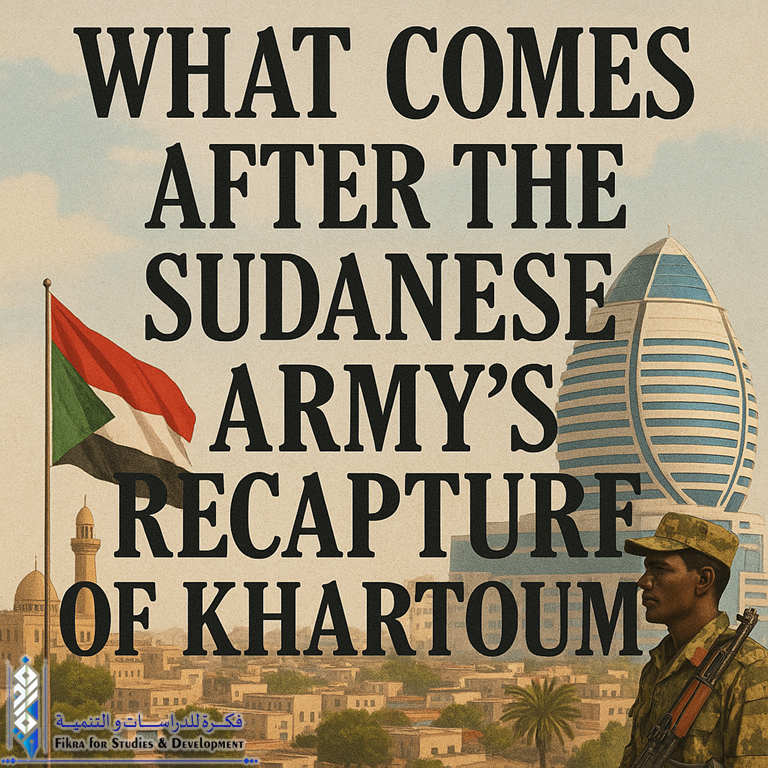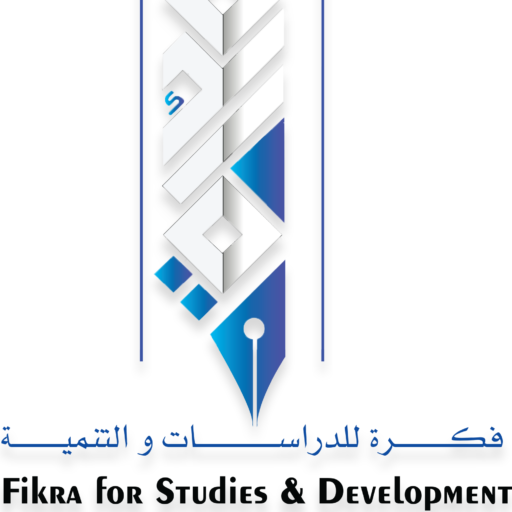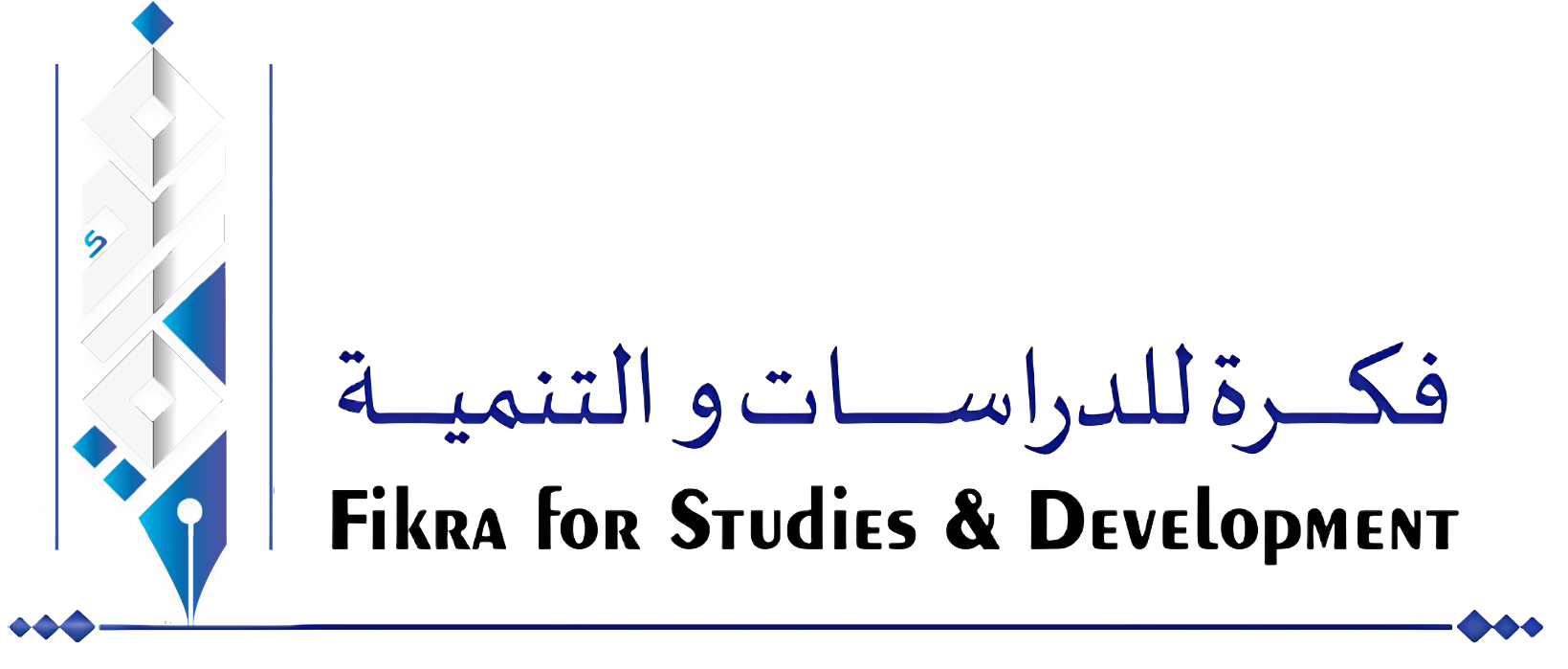What Comes After the Sudanese Army’s Recapture of Khartoum?
What Comes After the Sudanese Army’s Recapture of Khartoum?

Dr. Elshafie Khidir Saeed
It was only natural for the Sudanese people to erupt in overwhelming joy and triumphant euphoria after the Sudanese Armed Forces (SAF) regained control of the capital and restored national sovereignty from the grip of the Rapid Support Forces (RSF). Most Sudanese—with few exceptions—did not dwell on semantic debates over whether this was a victory, a defeat, or a negotiated withdrawal. Instead, their emotions overflowed with relief, seeing it purely as a triumph over the RSF—a terrifying nightmare that, for nearly two years, subjected the nation and its people to brutality, looting, rape, violations of dignity, and the destruction of the country’s infrastructure. Even those who engaged in debates over terminology did not downplay the significance of liberating the capital; rather, they feared that any settlement might reproduce the crisis and reignite the vicious cycle of conflict.
The SAF’s recapture of Khartoum and key sovereign institutions, including the Republican Palace, imposes a new reality and raises critical questions—many of which I see as undeniable truths emerging from this situation. These truths demand caution in our analysis and must be central to any proposed solutions.
First Truth: Regardless of the RSF leadership’s attempts to excuse their retreat as “tactical withdrawals” or “repositioning,” and regardless of whether their defeat resulted from military pressure or external mediation, the fact remains: the RSF suffered a military defeat, confirming its failure to achieve its objectives. I hesitate to call it the failure of a “project,” because the RSF never presented any political, social, developmental, or security vision for Sudan. Instead, it fueled public hatred through looting, repression, infrastructure destruction, and the erasure of national heritage.
Second Truth: The expulsion of the RSF from Khartoum, Al-Jazira, and other areas does not mean the war is over. These forces remain active in Darfur, Kordofan, and near the capital—still allied with the Sudan People’s Liberation Movement-North (SPLM-N). This means the same deadly dynamics of center-periphery conflict persist, plunging Sudan deeper into instability unless addressed at its roots.
Third Truth: Military shifts, no matter how decisive, will not alone end this war. The conflict runs deeper than a mere power struggle; it stems from systemic marginalization, unequal development, and unfair resource and power distribution since independence. Only a political solution addressing these root causes can bring lasting peace.
Fourth Truth: Certain actors heavily invest in this war, exploiting ethnic and regional divisions while cynically claiming to support the SAF. Their agendas perpetuate conflict—meaning even if the war stops today, it could reignite tomorrow unless these malign influences are cut off.
Fifth Truth: Sudan’s wars will only end through a negotiated political settlement—one that establishes a national project combating marginalization, ensuring balanced development, and rebuilding state institutions (civilian and military) on new foundations: equal citizenship, fair power-sharing, and resource distribution. This requires redefining Sudanese identity to recognize its cultural and ethnic diversity, healing deep social fractures left by decades of war over resources, power, and identity.
Sixth Truth: Before any political process or new government, urgent measures must be taken in SAF-controlled areas—primarily the responsibility of military leadership. These include:
- Restoring security by rapidly deploying police and security forces to end vigilante justice.
- Ensuring humanitarian aid reaches civilians nationwide, protecting both aid and workers.
- Rehabilitating public spaces with youth, emergency committees, political parties, and civil society.
- Guaranteeing freedoms (political, union, and press) and voiding arrest warrants against exiled political leaders to create a conducive environment for dialogue.
Meanwhile, Sudanese political forces must not remain passive observers. They must urgently agree on a unified vision for navigating this new phase—without outsourcing solutions to external initiatives. Ultimately, a people’s crisis cannot be resolved from the outside or by proxy.
Dr. Elshafie Khidir Saeed
A Sudanese pro-democracy political scholar, thinker and writer. He has a long track-record in the struggle against military dictatorships for realizing democracy, rule of law, peace and political stability in Sudan. He was subjected to political detention for five years in the 80th of the last century, and he went underground for many years fighting the Ingaz regime. Dr. Elshafie has a number of published writings on the consolidation of democracy and the intersections between the roles of the tribe, the army and politics in Sudan.
Dr. Elshafie can be contacted by email: eksahmed@gmail.com, elshafie@fikrasd.com.

